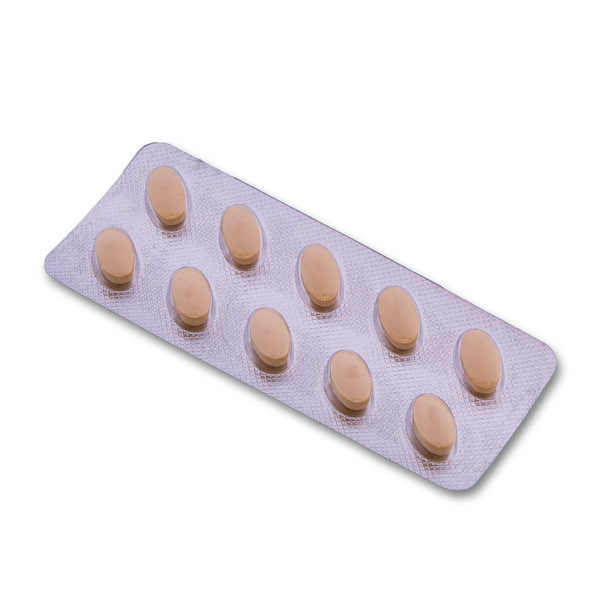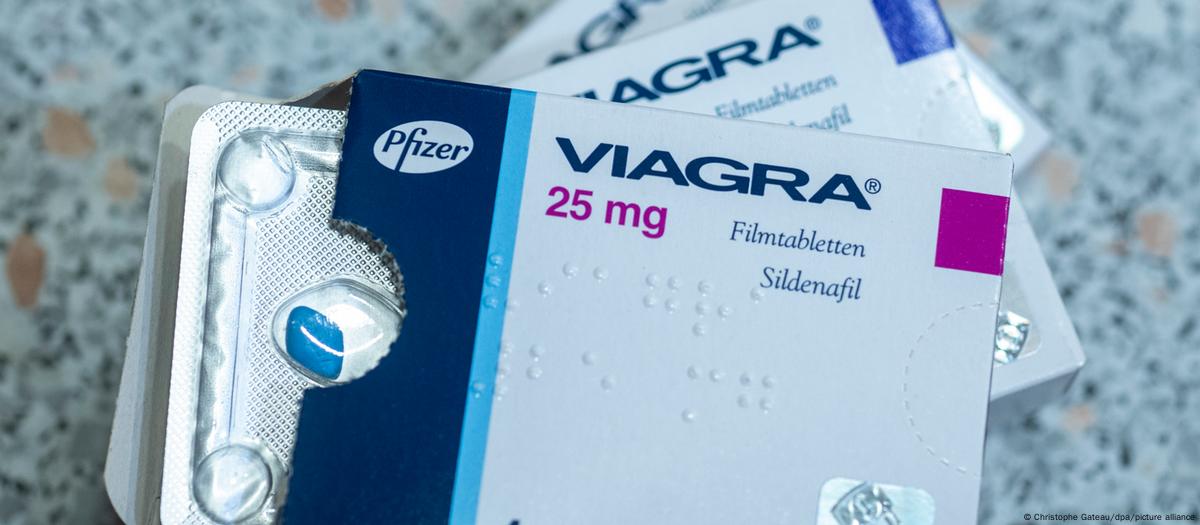
Understanding Rybelsus: A Comprehensive Overview
Rybelsus has emerged as a significant player in the management of type 2 diabetes. This medication, taken orally, is a GLP-1 receptor agonist that plays a crucial role in regulating blood sugar levels. For those looking to learn more about Rybelsus, including its advantages and potential drawbacks, visit this link for more information: Rybelsus https://apotekazasve.com/kupi-rybelsus-bez-recepta/
What is Rybelsus?
Rybelsus (semaglutide) is an innovative medication specifically designed for adult patients with type 2 diabetes. It mimics the effects of the incretin hormone GLP-1, which is responsible for increasing insulin secretion and decreasing glucagon release, ultimately leading to lower blood sugar levels. This class of medication offers a crucial alternative for patients who may not have achieved optimal control with other diabetes therapies.
How Rybelsus Works
As a GLP-1 receptor agonist, Rybelsus performs several essential functions within the body. Primarily, it enhances the secretion of insulin when glucose levels are elevated, which helps to mitigate hyperglycemia. Additionally, Rybelsus slows gastric emptying, leading to increased satiety and potentially reducing overall caloric intake, which can be beneficial for weight management in diabetic patients.
Benefits of Rybelsus
The benefits of Rybelsus extend beyond improved glycemic control. Here are several key advantages:
- Weight Loss: Many patients have reported weight loss while taking Rybelsus, making it a multifunctional treatment option.
- Convenience: As an oral medication, it avoids the need for injections, which can be a significant barrier for some patients.
- Lower Risk of Hypoglycemia: When used appropriately, Rybelsus has a reduced risk of causing low blood sugar compared to other diabetes medications.
- Cardiovascular Benefits: Studies suggest that Rybelsus may also contribute to cardiovascular health for individuals with diabetes.
Dosage and Administration

Rybelsus is typically prescribed at an initial dosage of 3 mg once daily for the first month. This initial dose is crucial for minimizing gastrointestinal side effects. After the first month, the dosage can be increased to 7 mg once daily. Depending on individual glycemic control, the doctor may recommend further increasing the dose to 14 mg. It is essential to follow the healthcare provider’s instructions regarding dosage adjustments.
Side Effects
Like any medication, Rybelsus does have potential side effects. Some of the most commonly reported include:
- Nausea
- Diarrhea
- Vomiting
- Abdominal pain
- Constipation
Most side effects are mild and tend to diminish over time. However, it is crucial for patients to report any severe or persistent symptoms to their healthcare provider immediately.
Who Should Not Use Rybelsus?
Rybelsus is not suitable for everyone. Individuals with a personal or family history of medullary thyroid carcinoma or Multiple Endocrine Neoplasia syndrome type 2 should avoid this medication due to the potential risk of thyroid tumors. Additionally, those with a history of severe gastrointestinal diseases may also need to seek alternative diabetes management options.
Conclusion
In conclusion, Rybelsus represents a major advance in the treatment of type 2 diabetes, particularly for patients looking for an effective oral medication. Its unique mechanism of action, combined with additional benefits such as weight management and reduced risk of hypoglycemia, makes it a powerful tool in diabetes management. However, like any medication, it is essential for patients to consult with their healthcare provider to determine if Rybelsus is the right choice for their specific medical needs.
Disclaimer: This article is intended for informational purposes only and should not replace professional medical advice. Always consult your healthcare provider for personal medical advice and before starting new medications.
